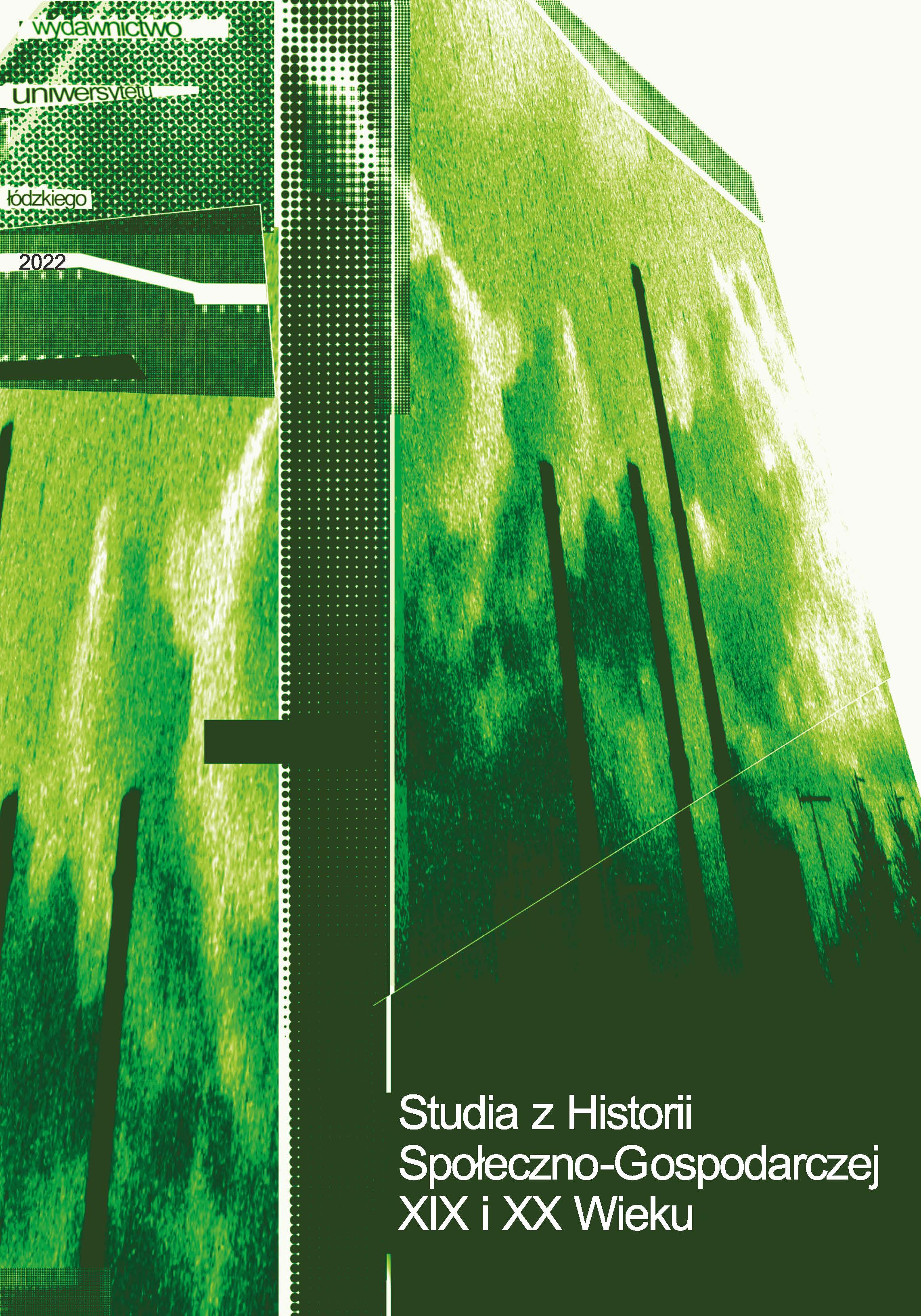Ruch zetowy w Drugiej Rzeczypospolitej wobec zagadnienia roli państwa w gospodarce
The “Zet”Movement in the Second Republic of Poland towards the role of the state in the economy
Author(s): Przemysław WaingertnerSubject(s): History, Political history, Interwar Period (1920 - 1939)
Published by: Wydawnictwo Uniwersytetu Łódzkiego
Keywords: Polish Youth Union “Zet”; Polish Political Thought in the 20th century; the Second Republic of Poland
Summary/Abstract: The subject of the article is the presentation and analysis of the views of the representatives of the “Zet”-Movement in interwar Poland on the role of the state in the economy. The beginning of the “Zet”-Movement was the secret, pro-independence Union of Polish Youth “Zet”, established in 1886. Already during the partitions, it created a network of social, political, cultural and educational organizations. In the Second Republic of Poland the zetists still controlled numerous socio-political, cultural, educational and economic associations, supporting simultaneously the actions of Józef Piłsudski. After the May coup in 1926, they became part of the Piłsudski camp. They were in favor of introducing a presidential system. Zetists promoted the vision of Poland as a country pursuing a pro-social policy. They were advocates of the idea of the Republic integra-ting the region of Central and Eastern Europe. A characteristic feature of the economic concepts developed by the “Zet” was the emphasis on the need for the state to be involved in the economy. It was to be expressed in the use of economic planning on a national scale, the use of instruments of economic interventionism, and finally – in etatism. The attachment of “Zet” members to the principle of state participation in economic life resulted from their attitude to the very institution of an independent Polish state, in which they saw the “highest product” of the nation. They treated the possibility of their effective shaping of economic life as a complement to the influence of state institutions in the political and social sphere. At the same time, the operation of the state factor was supposed to influence, according to the zetists, the leveling of social opportunities, and in consequence – to supplement the slogan of political democracy with the idea of social justice.
Journal: Studia z Historii Społeczno-Gospodarczej XIX i XX wieku
- Issue Year: 2022
- Issue No: 25
- Page Range: 53-65
- Page Count: 13
- Language: Polish

